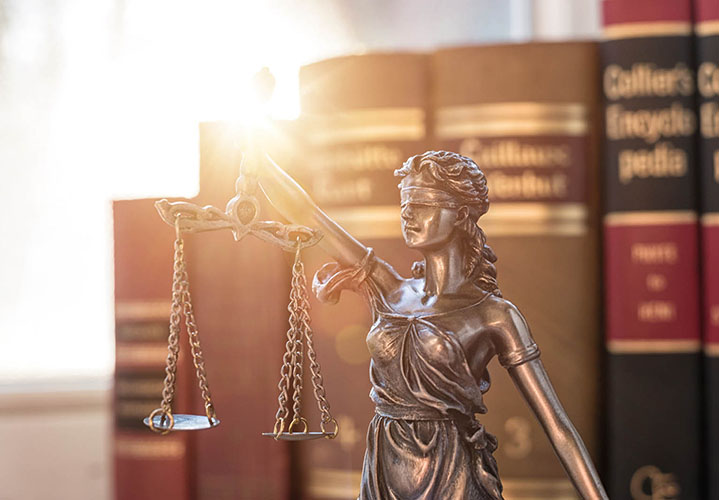The Commercial Court's recent decision in Adare Finance DAC v Yellowstone Capital Management SA [2021] EWHC 2406 (Comm) was made during the course of an application under Part 71.2(1) of the CPR in which the judgment debtor asked the court to hear information concerning their means in private.
In this case, the claimant was owed the amount of US12.75m from the second defendant, who had not satisfied the debt even though he was said to be a businessman with substantial resources (with one statement of affairs indicating that he was worth in the region of EUR1bn). The claimant obtained an order under CPR Part 71 that the judgment debtor attend court to be questioned and to produce documents about their means and other matters relevant to the judgment creditor in order to enforce the judgment debt. The judgment debtor wanted the questioning to be held in private, away from public scrutiny.
This sort of order under Part 71 is often seen as an old fashioned and cumbersome way to find out an opponent’s assets as you seek to enforce your judgment, but it can be effective, not least because the consequences of failing to comply will be a contempt of court, the ultimate sanction for which is imprisonment.
Master Dagnall noted that the provision of documents and questioning process is intended to be a rigorous one to provide the judgment creditor a full opportunity to discover what the assets are and what it might be worth enforcing against.
Master Dagnall held that an examination of a judgment debtor should generally be conducted in public because:
- The open justice principle means that the public are entitled to attend, and the media entitled to report, on court proceeding
- Hearing cases in open court preserves public confidence in the administration of justice and ensures information is available to the public
- The fact that a hearing in open court may be uncomfortable for a party or witness did not generally justify departing from the open justice principle
Comment
This case may be of particular interest to those seeking to enforce judgments and obtain payment. Obtaining a judgment is just part of the process in recovering money owed to you - judgment debtors can be elusive and the more that is known about the debtor’s assets, the greater the chances of recovery because enforcement methods can be tailored appropriately.

 Sarah Murray
Sarah Murray